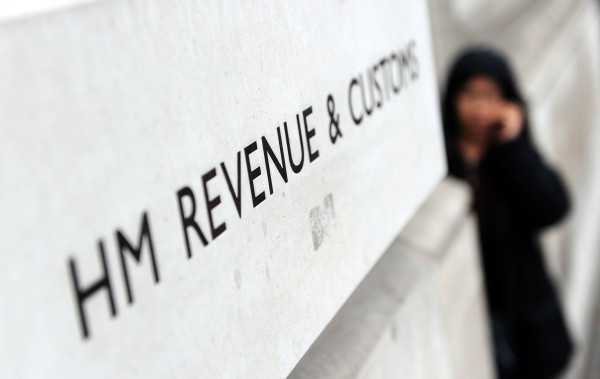Most of the UK’s household names are companies and, while some may have made headlines for their tax policies, they are not all tarred with the same brush.
Do trusts still serve a purpose?
Despite losing out to FICs in certain circumstances, trusts still have many benefits.
As trusts are set up for a class of beneficiaries, it is easy to include future generations.
Trustees can also add and remove beneficiaries and choose which beneficiaries benefit and to what extent; giving more flexibility to respond to future unknowns.
A well-drafted family trust could be used to educate grandchildren, or even great grandchildren by paying for school fees or a university education.
Alternately trust capital could be used to assist beneficiaries with stepping on the property ladder.
The flexibility allows different approaches, which is much harder to replicate in FICs, where only shareholders benefit and other tax consequences need considering when shares are moved between family members.
A real life example
Trusts can come into their own when dealing with succession issues for owner-managed businesses.
For some, the family business is the most valuable asset.
Usually there is a desire to split family wealth 50:50, such as seen with family homes.
With a family business, splitting down the middle is more difficult and can cause conflict regarding when to sell and who benefits from future growth in value if, for example, one sibling is doing the majority of the work.
A further difficulty comes when considering the payment of dividends.
If all the shares are the same class, any dividend must be consistent between shareholders.
In some circumstances, the business will be able to facilitate a purchase of own shares or some other buyout to ensure the child not involved in the business can take cash.
Even in these circumstances there are difficult decisions to be made as to whether 50 per cent of a business worth, say, £2m is £1m, or should it be discounted?
Businesses unable to finance a buyout can be left with two 50 per cent shareholders in deadlock which can cause viable businesses to go under.
A solution – a flexible family Trust
If shares are left to a flexible family trust, the tax position would be no different to leaving the shares directly to the children.
The trust could be set up to serve for several generations if needed, but its initial focus is on holding the family business interest.
While the children may be trustees, it may be easier for impartial family members or specialists (accountants/solicitors) to take up the mantle, removing personal self-interest.











